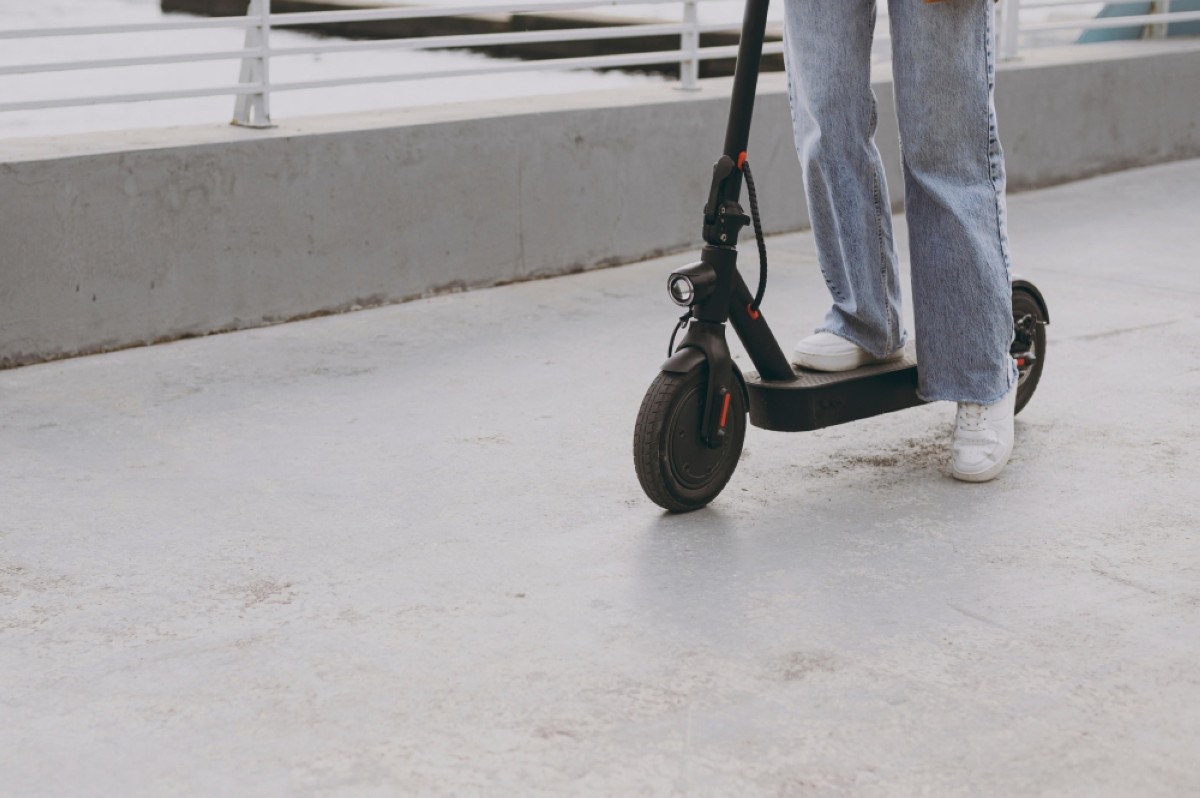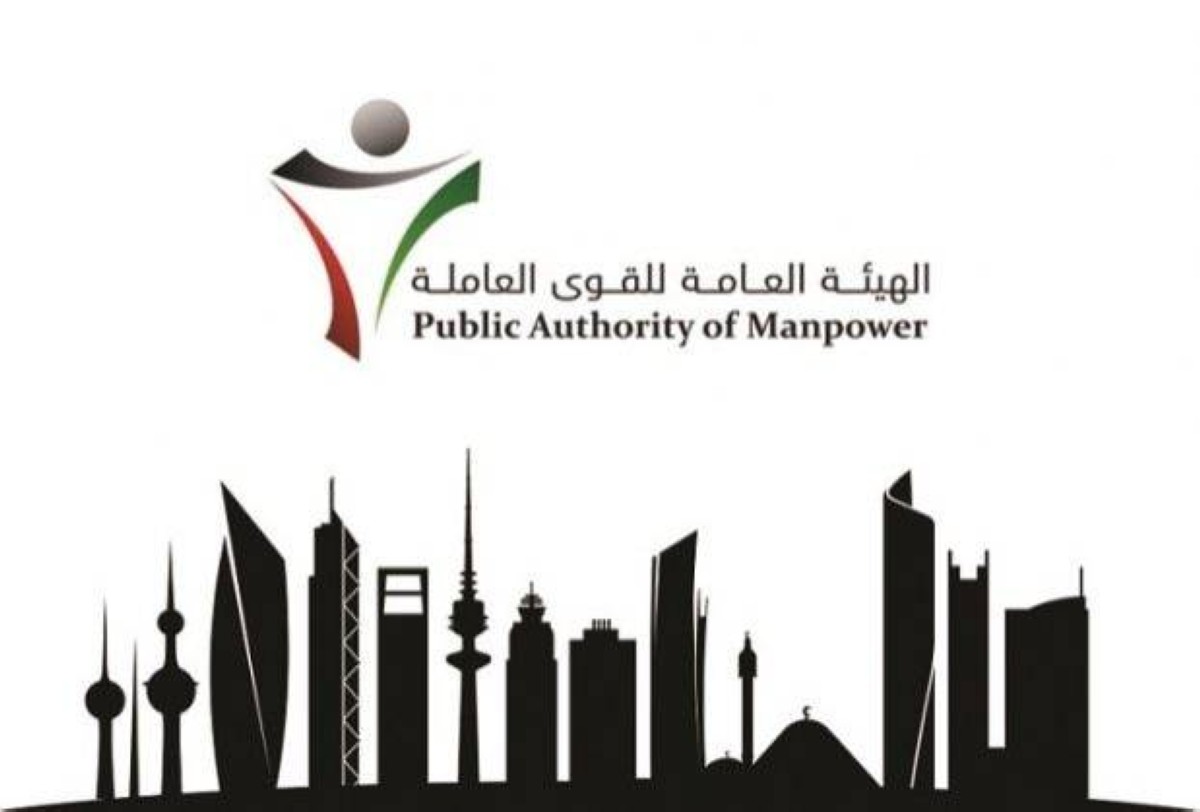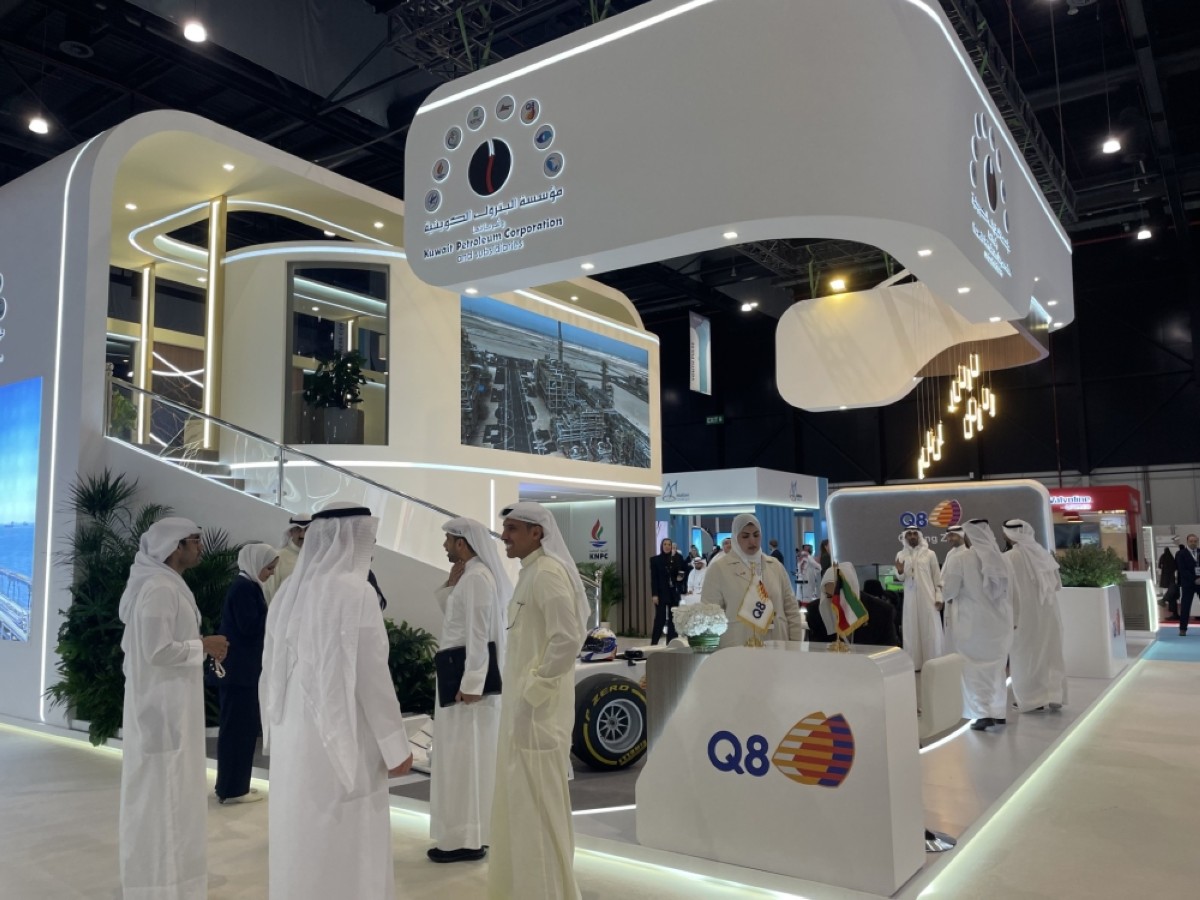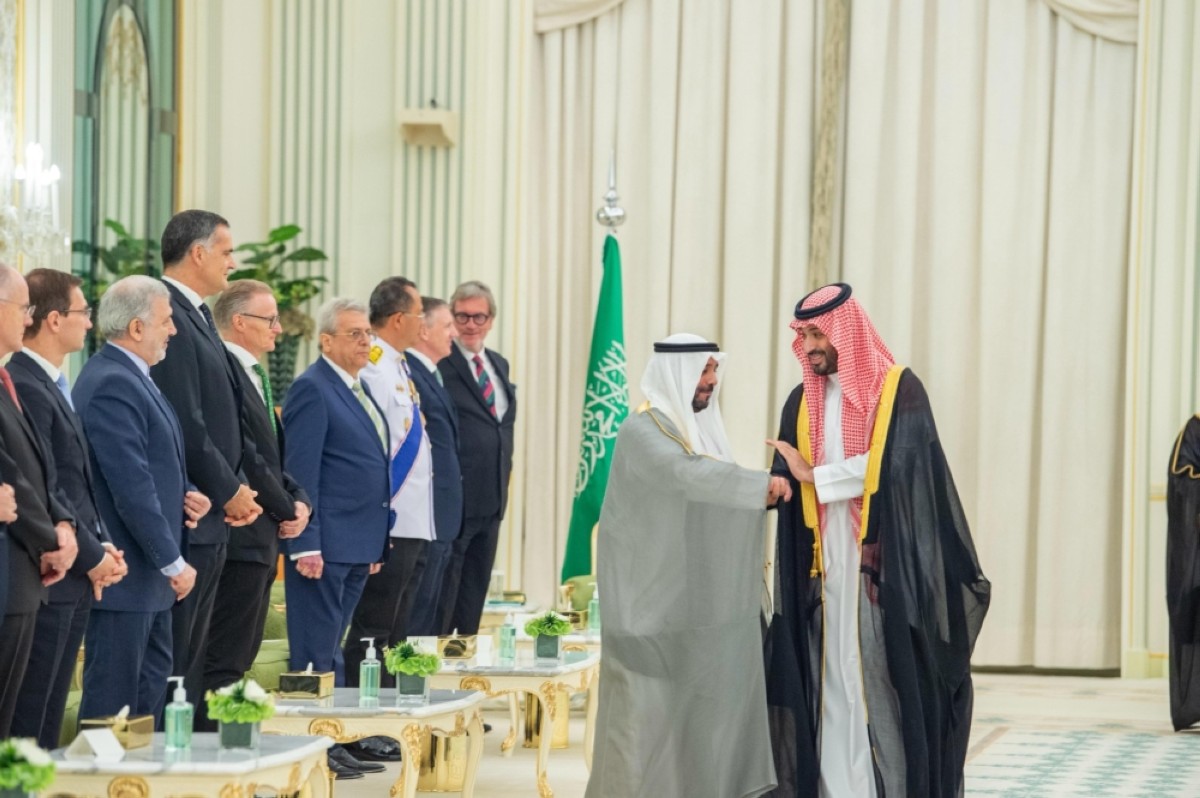KUWAIT: With growing concerns over e-scooter safety, authorities are considering new regulations under Kuwait’s updated traffic law to govern their use, a source from the ministry of interior told Kuwait Times. The proposed rules will outline usage guidelines, mandatory protective gear and operating conditions. This move follows the shift of e-scooters from a recreational activity to a primary mode of transportation, especially among expatriates. Despite a ban on e-scooters on Kuwait’s roads since 2020, many riders continue to use them on streets ill-equipped for such vehicles due to the lack of adequate sidewalks.
According to the source, upcoming urban development plans will include dedicated e-scooter and bicycle lanes in newly constructed areas. Until then, e-scooter users must rely on caution and adaptability — often at the risk of their safety. For Albert, a Filipino expatriate, using an e-scooter is a necessity rather than a choice. With Kuwait’s minimum salary requirement of KD 600 for a driver’s license — excluding only certain professions — owning a car is not feasible. He takes extra precautions when riding on main roads.
“There’s no place for us on the road, so we have to be extra cautious and stay to the side,” said Albert, who has relied on an e-scooter for nearly five years, starting during the COVID lockdown. Public transportation isn’t always a reliable option, he added. “The traffic jams make me late to work.” Haitham, an Egyptian expatriate, prefers using an e-scooter for its time-saving convenience, often traveling from Salmiya to Hawally. He tries to avoid high-risk areas and opts for safer routes whenever possible. Another rider, an Indian expat who has used an e-scooter for over a year, stressed the importance of vigilance. “I always check carefully before turning right or left,” he said.
Despite individual precautions, e-scooter users face significant dangers on the road. Research shows a sharp rise in micromobility-related injuries worldwide. A University of California, San Francisco study published in JAMA Network Open revealed that e-scooter injuries increased by 45 percent, from 8,566 in 2017 to 56,847 in 2022. Regionally, Dubai Police reported 254 e-scooter and bicycle accidents in 2024 alone, resulting in 10 fatalities and 259 injuries — 17 of them severe. Rising safety concerns have already prompted regulatory action elsewhere, including Paris’ 2023 ban on rental e-scooters following a spike in injuries and deaths.
In Kuwait, where e-scooters are gaining popularity despite the lack of dedicated infrastructure, riders are advocating for safer conditions. Judy, 48, from the Philippines, noted that more people from various nationalities are adopting e-scooters and believes change is overdue. “We hope to have a special lane for us on the side so it will be safer,” she said. Haitham echoed her sentiments, adding: “I wish there were dedicated lanes for scooters and pedestrians, like next to Marina Mall.”
A recent study by Sharaf AlKheder and Zahra Albaghli from Kuwait University, titled Identifying Barriers and Benefits of Shared E-Scooters in Promoting Sustainability in Kuwait, highlights further challenges e-scooter users face. The study identifies the absence of vehicle registration as a key issue, leading to unregulated use, difficulty tracking ownership and challenges in enforcing traffic laws. Other safety risks include illegal parking on sidewalks and the lack of essential features like seatbelts or airbags.
Additionally, the lack of age restrictions raises concerns, allowing children to ride e-scooters unsupervised and increasing accident risks. The absence of dedicated traffic signs for scooter riders and poorly integrated scooter paths further undermine safety. Addressing these concerns in the upcoming regulations will not only improve road safety but also legitimize e-scooters as a practical mode of transport. With proper infrastructure and clear guidelines, Kuwait can ensure safer, more sustainable micromobility integration — protecting riders and pedestrians alike.


 Politics19 hours ago
Politics19 hours ago
 Latest News17 hours ago
Latest News17 hours ago
 Latest News24 hours ago
Latest News24 hours ago
 Politics16 hours ago
Politics16 hours ago
 Latest News12 hours ago
Latest News12 hours ago
 Politics17 hours ago
Politics17 hours ago
 Latest News16 hours ago
Latest News16 hours ago
 Politics15 hours ago
Politics15 hours ago





















